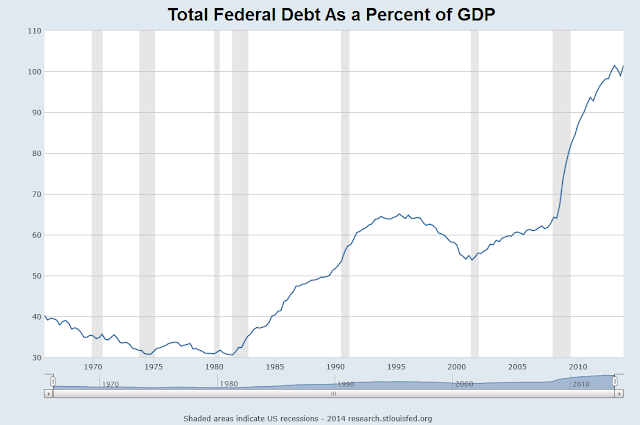"The sense of responsibility in the financial community for the community as a whole is not small. It is nearly nil. Perhaps this is inherent. In a community where the primary concern is making money, one of the necessary rules is to live and let live. To speak out against madness may be to ruin those who have succumbed to it. So the wise in Wall Street are nearly always silent. The foolish thus have the field to themselves. None rebukes them."
John Kenneth Galbraith, The Great Crash of 1929
“As Treasury secretary under Clinton, Rubin was the driving force behind two monstrous deregulatory actions that would be primary causes of last year’s financial crisis: the repeal of the Glass-Steagall Act.. and the deregulation of the derivatives market.”
Matt Taibbi
The crowning achievement of the efficient markets hypothesis, and the culmination of a decades long lobbying effort by the financial sector. Setting capitalism free to do God's work.
Bubbles, control frauds, financial crises, human misery, and bail outs.
Lest we forget this 'broadly bipartisan effort' to set the predator class free. And they remain largely unemcumbered, unindicted, and unashamed.
Today I have signed into law S. 900, the Gramm-Leach-Bliley Act of 1999. This historic legislation will modernize our financial services laws, stimulating greater innovation and competition in the financial services industry. America's consumers, communities, and its overall economy should reap the benefits of this Act.
Beginning with introduction of an Administration-sponsored bill in 1997, my Administration has worked vigorously to produce financial services legislation that would not only spur greater competition, but also protect the rights of consumers and guarantee that expanded financial services firms would meet the needs of America's underserved communities. Passage of this legislation by an overwhelming, bipartisan majority of the Congress demonstrates that we have met that goal.
The Gramm-Leach-Bliley Act makes the most important legislative changes to the structure of the U.S. financial system since the 1930s. Financial services firms will be authorized to conduct a wide range of financial activities, allowing them freedom to innovate in the digital age.
The Act succeeds in repealing provisions of the Glass-Steagall Act that, since the Great Depression, have restricted affiliations between banks and securities firms. It also amends the Bank Holding Company Act to remove restrictions on affiliations between banks and insurance companies. Finally, it grants banks significant new authority to conduct most newly 'authorized activities through financial subsidiaries.
Removal of barriers to competition will enhance the stability of our financial services system. Financial services firms will be able to diversify their product offerings and thus their sources of revenue. They will also be better equipped to compete in global financial markets...
William J. Clinton, November 8, 1999
Related: The Long Demise of Glass-Steagall













































